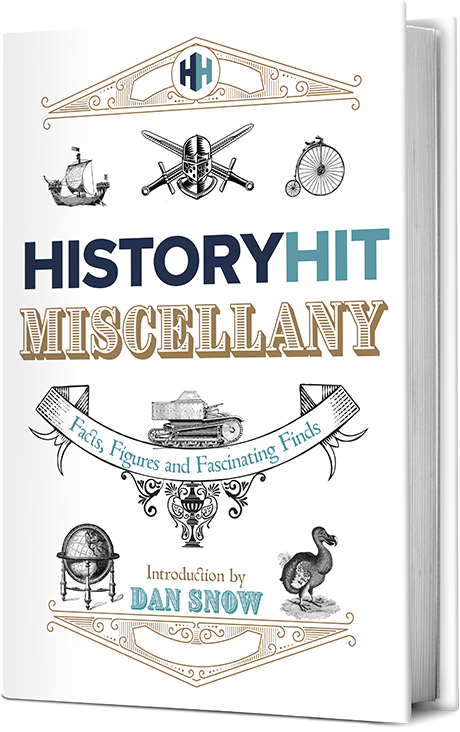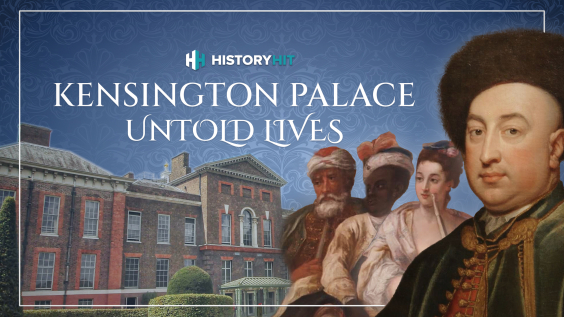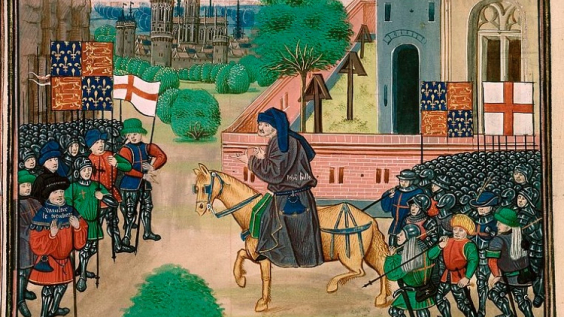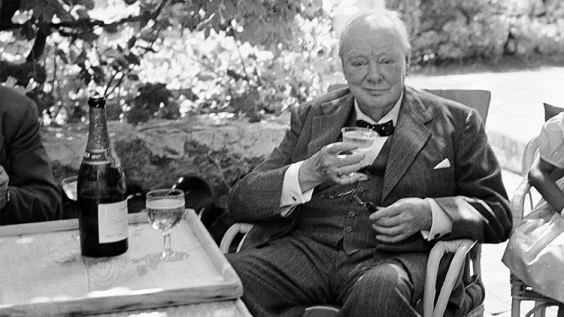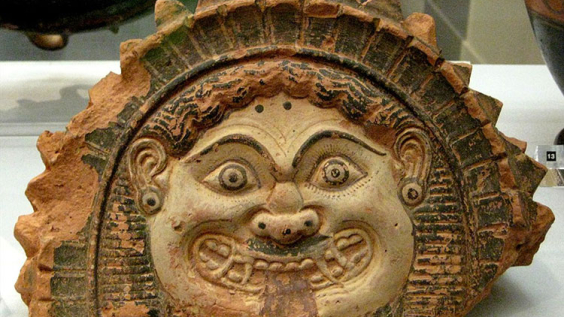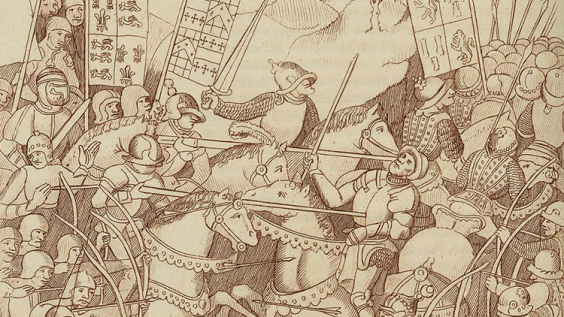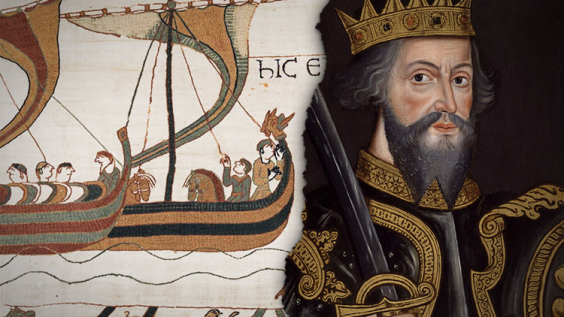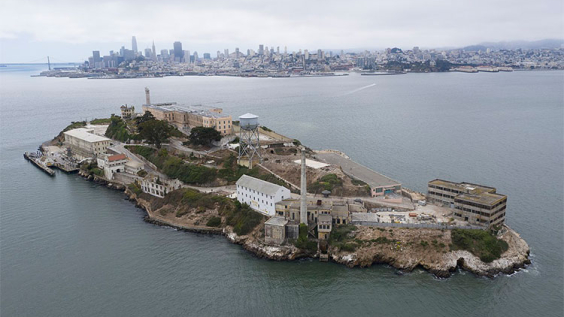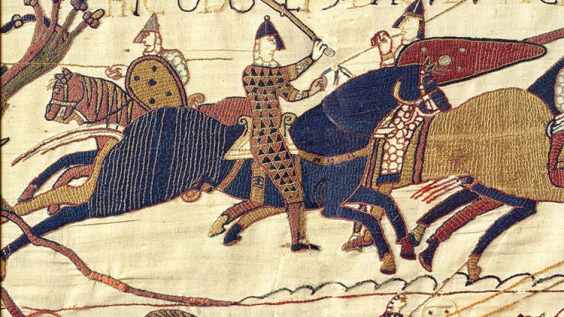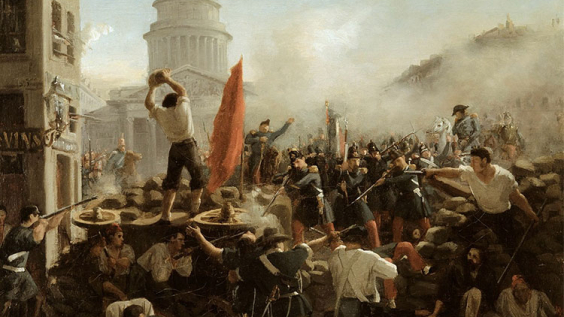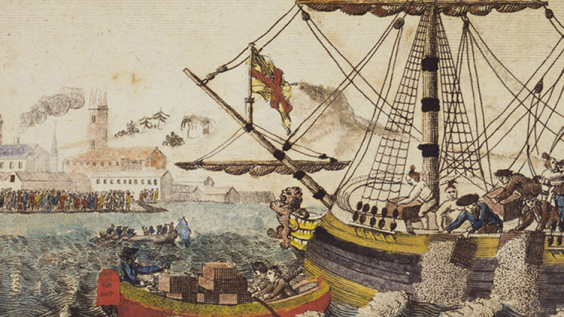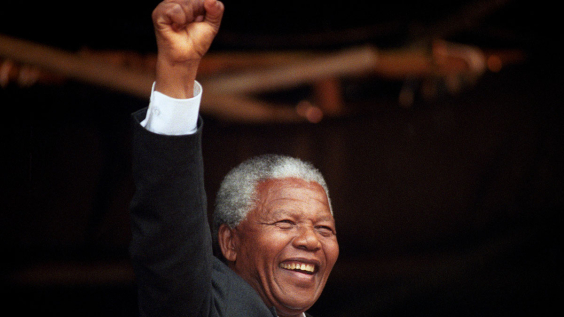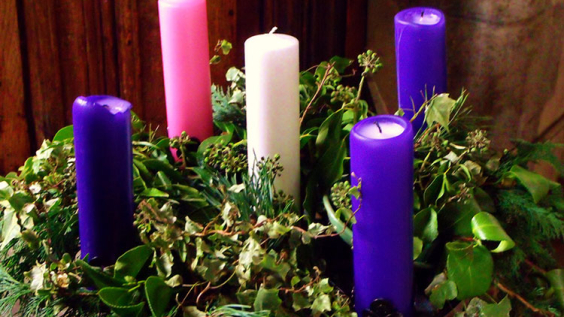
This article is an edited transcript of Pilots of the Caribbean with Peter Devitt available on History Hit TV.
 Listen Now
Listen NowIn 1939 the so-called colour bar that prevented black people from serving in the British forces was formally lifted, largely because the Second World War meant that the Army, Navy and Air Force needed to recruit as many men as possible.
The lifting of the bar didn’t necessarily mean it was easy for would-be West Indian recruits to get in however.
There were people who would try three or four times to get in, or pay their own passage to come to Britain from the Caribbean.
Another route in was via the Royal Canadian Air Force. Canada may have been freezing cold but it was considered to be a warm and tolerant place for prospective black servicemen.
 Listen Now
Listen NowBilly Strachan couldn’t get into the RAF, so he sold his trumpet and used the money to pay his own passage to travel through U-boat-infested seas to London. He arrived at Adastral House in Holborn and declared his desire to join the RAF. The corporal at the door told him to “piss off.”
Happily however, an officer walked past who turned out to be rather more welcoming. He asked Strachan where he was from, to which Strachan replied “I’m from Kingston.”
“Lovely, I’m from Richmond” beamed the officer.
Strachan explained that he meant Kingston, Jamaica.
Shortly after that, he was training for aircrew.
He went on to do a tour as a navigator in Bomber Command, then retrained as a pilot and flew with the 96th squadron.

West Indian RAF volunteers in training.
Why did men like Billy Strachan want to join the RAF?
The first thing to take on board if we’re considering why men from Britain’s colonies wanted to sign up in World War Two, is the fact that any black or Asian face seen representing the Royal Air Force was a volunteer.
There were no conscripts, so everyone in the RAF in the Second World War had chosen to come and wear the light blue uniform.
The possible motivations are numerous. It’s not hard to imagine that the spirit of adventure and a desire to get away from the stultifying atmosphere of a colonised island could have played a part.
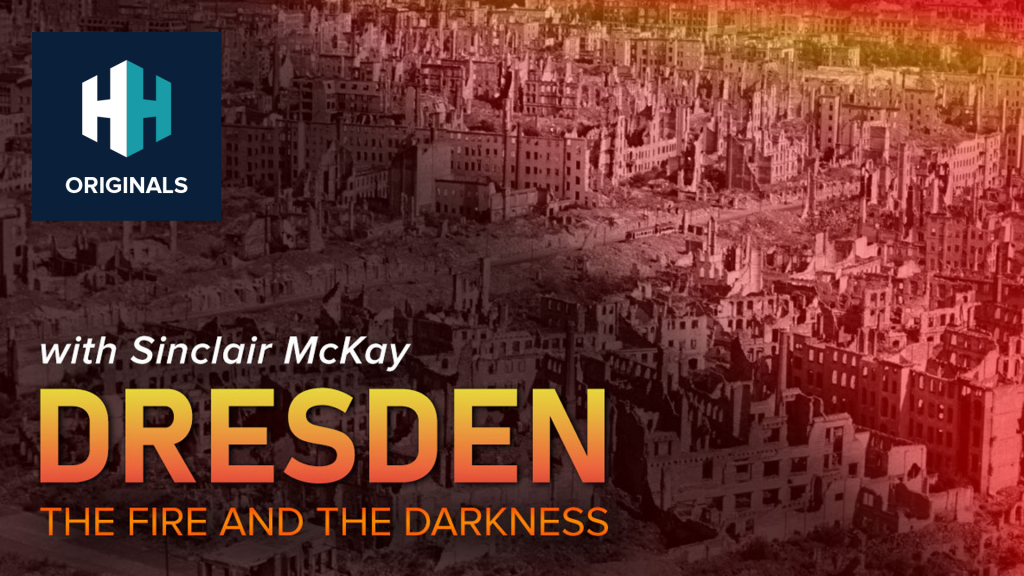 Watch Now
Watch NowA desire to see a bit of the world or escape family problems might also have been factors. But we should also acknowledge that a lot of people in the Caribbean really thought it through, just as volunteers had in the First World War.
They had access to the newsreels, the radio and books – just as we did.
They knew what was in store if Britain lost the war. Whatever Britain had visited on black people in the past, and there’s plenty that Britain should be ashamed of, there was also a notion that it was the mother country. There was a genuine feeling that, at its core, Britain was a good country and that the ideals that Britain was fighting for were also their ideals.

Flight Lieutenant John Blair in the 1960s.
These motivations were articulated very powerfully by Flight Lieutenant John Blair, a Jamaican-born man who won the Distinguished Flying Cross as a Pathfinder in the RAF.
Blair was clear about his motivations:
“While we were fighting we never thought about defending the Empire or anything along those lines. We just knew deep down inside that we were all in this together and that what was taking place around our world had to be stopped. Few people think about what would have happened to them in Jamaica if Germany had defeated Britain, but we certainly could have returned to slavery.”
Quite a number of the West Indian recruits paid their own passage to come and risk their lives fighting for the country that had enslaved their forebears.
Were black RAF volunteers treated like other new recruits?
The Royal Air Force was surprisingly progressive. When we put on the Pilots of the Caribbean exhibition at the Royal Air Force Museum a few years ago we worked with the Black Cultural Archives. I worked with a guy called Steve Martin, who is their historian, and he provided us with a lot of context.
To tell this story we had to start with slavery. How was it that African people were in the Caribbean in the first place?
You’re looking at over 12 million people enslaved and exploited and between 4 and 6 million dying in capture or during the Atlantic crossing.
 Watch Now
Watch NowYou’re looking at 3,000 hours of unpaid labour for every person, every year.
This sort of context is very real and relevant. You have to include it.
All of which makes it especially interesting that people from the Caribbean would come to fight in defence of the mother country.
There was about 450 West Indian aircrew who served in the RAF in World War Two, maybe a few more. 150 of those were killed.
When we were talking to black veterans we expected that we would have to keep saying, “You must understand that in those days people had never met black people before and just didn’t understand…”
But we kept getting people telling us that they’d had a wonderful time and that they were treated really well. That, for the first time, they felt like they were wanted and part of something.
There were far larger numbers of ground crew – out of 6,000 volunteers only 450 were aircrew – and the reception was seemingly more varied in the Army. There were undoubtedly some punch-ups and ugly moments. But, on balance, people got on exceptionally well.
 Watch Now
Watch NowSadly, however, when the war came to an end the warm reception began to wear a bit thin.
Memories of unemployment after the First World War and a desire to get back to normalcy no doubt contributed to an increased degree of hostility.
There was perhaps a sense that yes, it’s been nice having Polish, Irish and Caribbean people coming to fight for us, but we want to get back to what we were now.
For whatever reason the RAF didn’t really go that way, even if the tolerant atmosphere was somewhat nuanced.
They didn’t, for example, encourage black pilots for multi-engined aircraft for fear that the crew members might have slight reservations which might put pressure on the pilot.
So yes, we can’t escape the fact that the RAF was still, in a sense, racist. But, misguided as it was, such thinking was at least the product of skewed reasoning rather than real prejudice.

